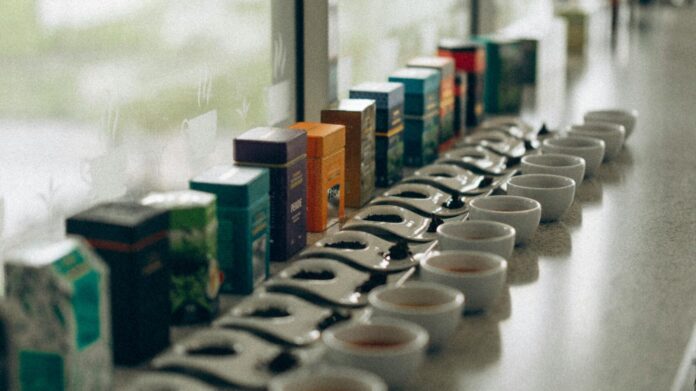Published by Frontpage Journal | Business Insights
Sri Lanka’s phosphate reserves hold the potential to transform the country into a global player in agritech exports, yet much of this resource is currently exported in raw form, generating minimal economic return. Phosphate is a critical input for fertilizer production, essential for global food security, yet Sri Lanka largely sells it as a commodity, leaving the higher-value manufacturing, branding, and innovation opportunities to foreign markets. Capturing even a fraction of the downstream value could dramatically increase export earnings and create a sustainable industrial ecosystem.
The economic logic is clear. Raw phosphate commands relatively low international prices, but processed fertilizers, enriched for specific crop types or regions, carry far higher margins and open access to global agribusiness supply chains. Specialized fertilizer products can be marketed under Sri Lankan brands for premium pricing, targeting both developed and emerging markets where agricultural productivity and sustainability are high priorities. This approach transforms a simple mineral export into a technology- and knowledge-driven product that commands greater revenue and global recognition.
Building a phosphate-based agritech export brand requires integrated planning across industry, government, and research institutions. Investment in processing plants, quality certification, and R&D for product innovation is essential. Collaboration with global agritech companies and research institutions can facilitate knowledge transfer, while government incentives, including tax breaks and export facilitation, can accelerate domestic production and brand development. Industrial clusters that combine mining, processing, and research will provide the scale needed to compete internationally.
Branding and reputation are as important as production. A “Made in Sri Lanka” label for high-quality fertilizers can differentiate products in competitive markets, especially when coupled with sustainability credentials such as eco-friendly production processes and responsible sourcing. This positioning not only boosts revenues but also strengthens the country’s reputation as a supplier of innovation-driven, reliable, and environmentally conscious agricultural inputs.
The global demand for high-performance fertilizers is projected to grow steadily, driven by rising food demand and sustainable farming practices. Sri Lanka’s phosphate reserves provide a natural advantage, but without domestic value addition, the country will continue to leave money and jobs on the table. By creating a national agritech export brand, Sri Lanka can capture high-margin markets, generate skilled employment, and establish long-term industrial competitiveness.
The opportunity is substantial and actionable. Transforming phosphate exports into branded, value-added fertilizer products is not merely a business initiative, it is a strategic economic move. By taking this step, Sri Lanka can convert natural resources into national wealth, strengthen its position in global agritech, and build a foundation for sustainable, high-value economic growth.




